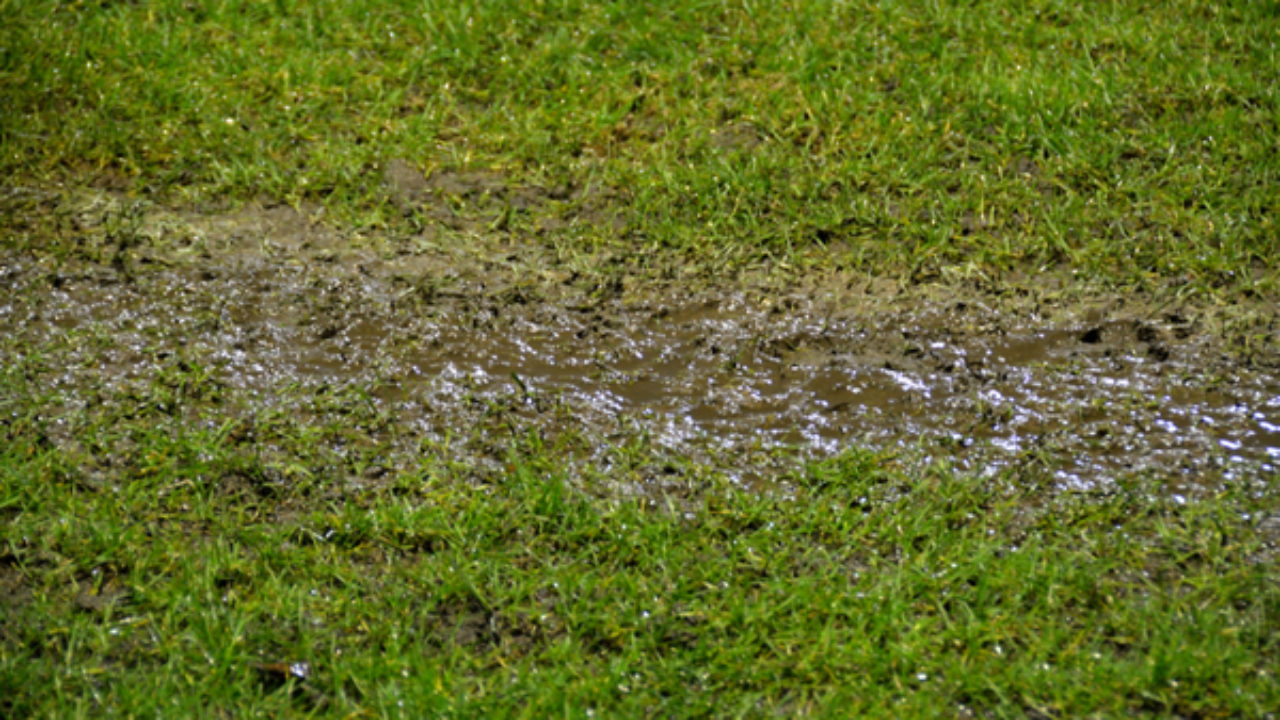Overview To Water Leakage Detection In Your Home
Overview To Water Leakage Detection In Your Home
Blog Article
What are your thoughts about Detecting hidden plumbing leaks?

Early discovery of leaking water lines can minimize a possible disaster. Some tiny water leakages may not be visible.
1. Take A Look At the Water Meter
Every house has a water meter. Checking it is a surefire way that assists you uncover leakages. For starters, shut off all the water resources. Make certain no person will flush, utilize the faucet, shower, run the washing equipment or dishwashing machine. From there, most likely to the meter and watch if it will transform. Since no one is utilizing it, there ought to be no movements. If it moves, that suggests a fast-moving leak. If you detect no adjustments, wait an hour or two and also examine back again. This means you might have a slow leakage that could also be underground.
2. Inspect Water Intake
Evaluate your water expenses and track your water intake. As the one paying it, you must notice if there are any type of discrepancies. If you identify sudden changes, in spite of your consumption coinciding, it implies that you have leaks in your plumbing system. Keep in mind, your water costs need to drop under the very same variety monthly. An abrupt spike in your costs suggests a fast-moving leakage.
At the same time, a steady rise each month, despite having the exact same behaviors, shows you have a sluggish leak that's also slowly rising. Call a plumber to completely check your property, specifically if you really feel a warm location on your floor with piping below.
3. Do a Food Coloring Test
30% comes from commodes when it comes to water consumption. Examination to see if they are running correctly. Decrease specks of food color in the container as well as wait 10 minutes. If the color in some way infiltrates your dish throughout that time without flushing, there's a leakage between the storage tank and also dish.
4. Asses Exterior Lines
Don't forget to check your outside water lines as well. Must water seep out of the connection, you have a loose rubber gasket. One little leak can lose tons of water and surge your water costs.
5. Assess the situation and check
Property owners ought to make it a practice to check under the sink counters and also inside cabinets for any kind of bad odor or mold growth. These 2 red flags suggest a leak so prompt focus is needed. Doing routine inspections, also bi-annually, can save you from a major issue.
Inspect for stainings and damaging as most pipes as well as devices have a life span. If you believe leaking water lines in your plumbing system, do not wait for it to rise.
Early discovery of leaking water lines can alleviate a potential disaster. Some little water leakages might not be visible. Checking it is a surefire way that assists you discover leakages. One little leak can lose tons of water as well as increase your water expense.
If you presume dripping water lines in your plumbing system, don't wait for it to escalate.
How to Know If Your Home Has a Hidden Leak
Water Meter Reveals Inexplicable Water Usage
If you’d like to test whether or not there’s a leak somewhere in your home, you can do this using your water meter. Here is how to conduct the test:
Don’t use any water in your home for at least 30 minutes; this also means not turning on faucets or water-using appliances.
Go outside, and check your water meter for activity.
If your water meter shows that there was activity, even though no one was using any water, this proves that there is a leak in your home.Visible Mold or Mildew Growth
Leaks behind walls create moist, dark environments that allow mold and mildew to grow and thrive. Eventually, you might see mold growth forming on the wall closest to a hidden leak.
If mold is growing in an area that receives a high amount of moisture, such as a bathroom, it may simply be an indication that better ventilation is needed. However, if you see mold growth on a wall or the ceiling in an area where you would not expect, you probably have a hidden leak.
Musty, Mildew Odor
Sometimes you might not be able to see the mold or mildew that is growing as a result of a leak. However, the smell can give the problem away just as easily. If you catch a whiff of something musty, there’s a good chance that old water is collecting somewhere in your home that you can’t see.
Stained/Warped Walls, Ceilings, or Floors
When your home soaks up water, a variety of red flags can become visible, including ceiling stains, bubbling drywall, warped walls, and sagging floors. While these issues can be caused by excess humidity, they can also be signs that a pipe or plumbing connection has started leaking behind your walls.
Inexplicably High Water Bill
After a while, you get a general sense for what your water bill should be. If you own a pool or sprinkler system, your bill will tend to be higher during summer. However, if you receive a water bill that seems especially high, and you can’t figure out what caused it, then you may have a hidden leak somewhere that’s increasing your bill.
https://www.plumbingjoint.com/blog/2019/july/how-to-know-if-your-home-has-a-hidden-leak/
.jpg)
Do you really like reading about Finding hidden leaks? Make feedback further down. We'd be interested to find out your thinking about this posting. In hopes that you visit us again in the near future. If you please take a moment to promote this blog posting if you enjoyed it. I truly appreciate reading our article about Hacks to detect leaks.
Report this page